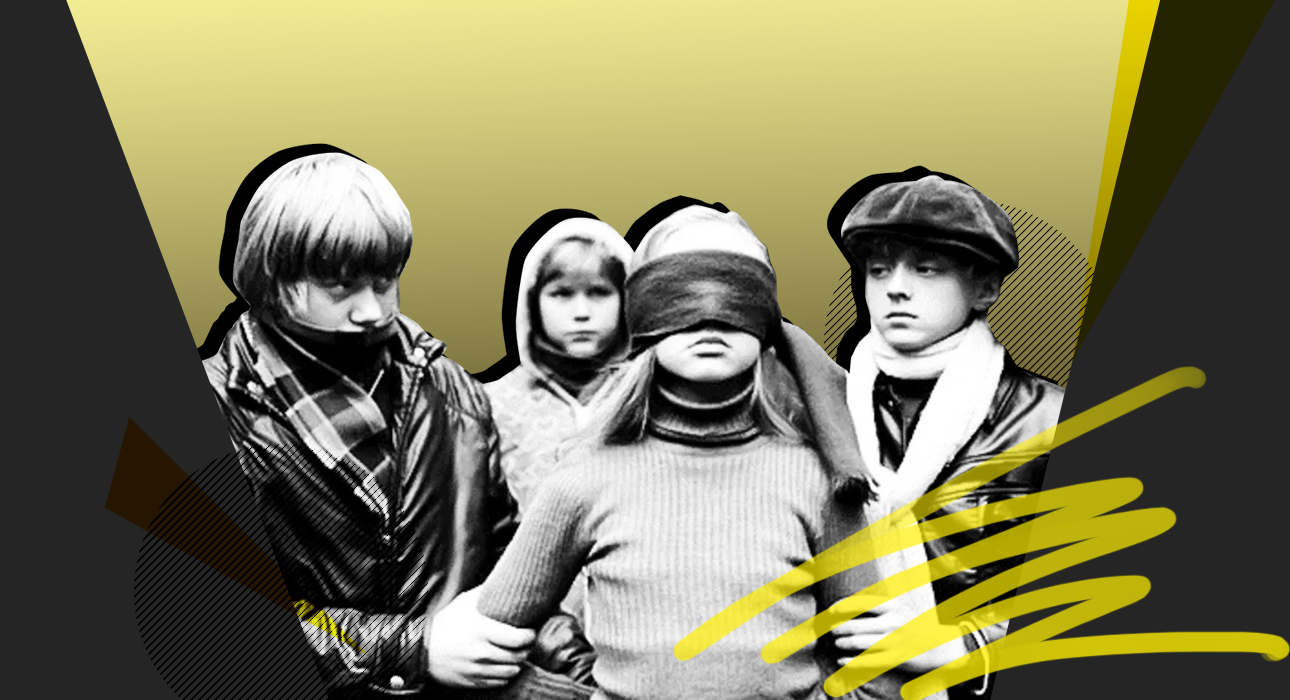Bullying is not just a problem for children. Adults also face bullying. No longer just humiliation occurs at school, for example, at work or on the Internet, and is called differently.
Regular psychological pressure in a professional team is often called mobbing. Often faced with new employees. Insults have many causes: they are humiliated out of jealousy, personal hostility, or a kind of “passage” to the team. It includes mobbing, constant and unfounded criticism, boycott, devaluation of professional skills, threats, slander, sexual harassment. Bullying regularly in a team leads to stress, where health problems can arise – mental and physical.
The work collective isn’t the only place where an adult faces humiliation. Neft is available on social networks. And this phenomenon also has its own term – cyberbullying. In Russia, 28% of men and 21% of women have been attacked at various times.
Today, on International Day Against Bullying, we met with experts and asked them how to behave in various situations related to psychological pressure and not to be exposed to this type of violence.
Bullying in the work team: what to do?

Gayane Asadova, communications specialist, founder of PR-office AsadovaCOM
They bully someone who is different, who does not conform to the norms or idea of work set by the team. In other words, the reason for mobbing can be an unusual appearance, nationality, excessive desire to do a job better or better than anyone else, a kind character, kindness and harmony, career success and anything that goes beyond established traditions in society. set.
What should you do if you encounter bullying at work? First of all, you need to defend your boundaries and not violate others. It is desirable to do this without aggression, but with confidence. You can directly tell your opponent what exactly is a boundary violation for you. This is appropriate when a colleague suddenly assumes the role of manager and tries to control the progress of your work, raising his voice, for example, allowing inappropriate comments about his habit of drinking sweet tea or his appearance.
In some communities, the transition to “you”, a condescending tone, and unsolicited advice may also be considered a boundary violation.
When the situation comes to a standstill and it is not possible to find a common language with the team, it should be discussed with senior management. Managers don’t deal with interpersonal conflicts in the team to affect performance, and a competent boss will help “resolve” the situation.
It is important to understand that you are not here to complain to the authorities, but are asking for help in resolving the dispute. An adult position, arguments and a clear description of bullying cases, and your attempts to resolve it, are your tools in a constructive dialogue with your superiors.
What to do if the bullying comes from the boss? In this case, resigning is the easiest option. But if you need this job and you see your prospects in the company, you should consider how you can best solve this problem for yourself. You should not allow your boundaries to be violated in communication with both the leader and colleagues, and you should not violate strangers.
If your boss yells at you, try to calmly say that you can continue the conversation without raising your voice.
Dialogue is extremely important. Try to communicate openly with the manager and find out the reason for the pressure, tell us what form of communication will be comfortable for you. Maybe the leadership style that is unacceptable to you has nothing to do with bullying, it’s just a “special” management style of the boss. In any case, only you as an adult can resolve this situation by taking responsibility.
Either you identify and try to resolve controversial issues with your manager, or you resign.
What should you do if you witness bullying? It all depends on your position in the company and your accepted management style. If you are a line worker and have witnessed a boss bully your co-worker, do not rush to intervene.
On the one hand, this is a violation of obedience, on the other hand, in this way you are providing unsolicited assistance from you. Your help may turn into a loss, and you yourself will be involved in a conflict.
If you still have a desire to help a colleague in any form of mobbing, horizontally and vertically, talk to him first and find out how you can help him.
Bullying in social networks: what should you do if you encounter it?

Julia Rodochinskaya, marketer, coach
We have been actively observing bullying incidents on social networks for the second month. Interestingly, the main hate goes to Instagram *.
* Recognized as extremist and banned in Russia.
You should understand that in the current situation, the probability of being bullied is 100%. Yes, people have the right to express their opinions, but insults should not be tolerated. What to do in such cases? Some social networks have the ability to block or hide messages and comments containing certain words. You can also block users.
You have the right to express any opinion or remain silent – any decision that will make you comfortable will be the right one. Allow yourself any action (within the law, of course), this reduces the degree.
Think yourself first. If you think that it is difficult for you to be in the information space of social networks, then no one can force you to stay in it. You can leave social networks for a while or hire an admin for your account who will respond to messages and comments.
What should you do if you want to speak up but fear such speech will incite hatred and harassment? Close your account if necessary and only send a message to your target audience so that third-party service users don’t poison you. Otherwise, mass complaints from them may lead to account blocking.

Yulia Stolyarova, business psychologist
The source of anger, aggression, jealousy and other destructiveness in a person is his suffering. When situations or people consciously or unconsciously hit inner pain (the latter often only get injured by their presence), then the person begins to defend himself. Often this manifests itself in the form of bullying, aggression towards other people.
With the incompatibility of parts of the personality, the person begins to hide behind the fact that he is strong, at least outwardly. But it turns out that the pain does not pass, it will be with him until he recovers.
If you are being bullied, pay attention to how the particular situation makes you feel. For example, you are afraid, offended, “fall” and do nothing or, on the contrary, want to tear it up.
The ideal algorithm of action is to purify the emotions that arise within you and the behavioral strategies set for processing and output. Then external situations will not show your vulnerability and you will be able to make healthy decisions and communicate from an adult situation, you will begin to develop internal supports, personal boundaries and self-worth.
How to communicate so as not to be disturbed?
“In our society, kindness is often perceived as a weakness,” says Yulia Rodochinskaya. “It is generally accepted that anyone who conducts his business in an environmentally sound, careful and polite manner is weak-willed and weak. But that’s actually not the case – acceptance and courtesy fall outside the limits of what is acceptable.
If someone vaguely occupies your space, you can give your opinion on the matter. Also, it should be done for your own convenience.
Don’t blame, use “I-messages”: I feel bad when you do this, stop or we’ll have to start communicating in a different way. Most of the time this approach stops the bullying and the conflict is gone.”
Gayane Asadova: “There is such a thing as digital etiquette – it’s a set of rules that we all know from childhood, but have been adapted to the digital environment. The main idea of digital etiquette is humanity. It is important to understand that people on the Internet are the same people in real life. In our society, it is not customary to approach a stranger on the street and express your opinion, for example, about his appearance, shouting, swearing and insulting him. The same is unacceptable in the digital world. Respect the interlocutor, do not be personal, do not criticize, but do not allow this in relation to yourself.
Just like in life, on the web you can turn around and walk away, blocking the attacker without fighting with him. Or you can “yell” at each other and then tell everyone about it. But that’s just your nerves will not be happy about it. Of course, you can tell your opponent that you did not ask for this person’s opinion and that you are not interested in it. But, as a rule, by initiating a dialogue like this, you are “giving food” for further harassment and pressure.”
Source: People Talk





